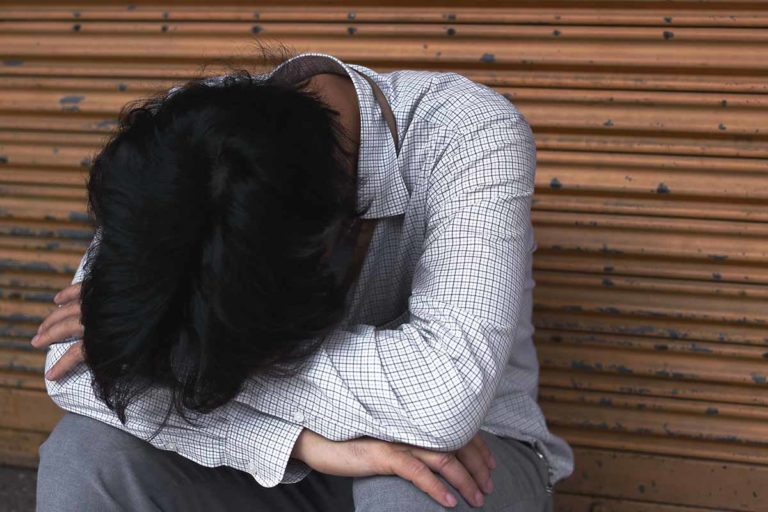The strong link between heroin and depression is one of many unfortunate consequences of the opioid epidemic. The short-term effects of heroin may seem to alleviate depression symptoms.
However, one of the drug’s long-term effects is disrupting the brain’s ability to produce the natural feel-good endorphins that help fight depression. If you’re looking for compassionate, effective heroin rehab in Portland, Maine, call Liberty Bay Recovery at (855) 607-8758 today.
Self-Medication with Heroin
The human body’s opioid system regulates pain responses. All opioid drugs, whether they are prescription medication or illegal heroin, produce pleasurable sensations and dull the body’s natural response to pain.
A person in physical or mental pain can get almost immediate relief from the tranquilizing effects of heroin. Unfortunately, long-term self-medication leads to two major problems – heroin use disorder and diminished brain function.
The Connection Between Heroin and Depression
Using heroin and other opioids can cause depression and worsen an existing depression disorder. Research shows that people seeking treatment for heroin use disorder are up to four times more likely than people in the general population to be suffering from a major depressive disorder. This statistic begs the question: can using heroin cause depression, or does depression make you vulnerable to opioid use? It turns out both statements are true.
Each time a person who uses heroin injects the drug, the chemical imbalance inside their brain becomes more destabilized. With prolonged heroin use, white matter in the brain regions that regulate stress and decision-making begins to erode.
The physical dependence on heroin can cause depression to become severe. Once the brain becomes dependent on synthetic opioids, it becomes less and less able to produce its own. Once this happens, the person facing heroin addiction becomes stuck in a pain/reward cycle. With their body unable to manage pain responses naturally, the individual’s depression and entwined dependency on heroin grow more intense.
Withdrawal from Heroin and Depression
When a person with heroin use disorder attempts to quit using the drug, depression can push them back into active addiction. Depression is one of the many side effects of heroin withdrawal. Other symptoms include:
- Nausea
- Vomiting
- Sleep disturbances
- Flu-like symptoms
- Intense cravings
- Sweating
- Muscle pain
- Involuntary leg movement
In severe cases, withdrawal can lead to seizures or psychotic episodes. If a person is also struggling with depression or other mental health disorders, facing withdrawal alone can seem impossible.
The Need for Dual-Diagnosis Treatment
A large percentage of people who seek addiction treatment have a comorbid mental health disorder. In fact, the Journal of the American Medical Association reports that as many as 53% of people with substance use disorder receive an additional mental health diagnosis when they enter treatment.
In many cases, a client’s mental health issues were not diagnosed or treated correctly in the past, leading them to engage in self-medication with drugs or alcohol.
Dual-diagnosis treatment includes simultaneous treatment for addiction disorders and other mental health disorders. Depressive disorders are among the most common co-occurring mental health disorders. Treating heroin addiction without addressing depression or other mental illness issues would be incomplete.
Dual-diagnosis treatment allows clients to learn how to manage their mental health safely and break free of the drug dependence cycle.
Find Relief from Heroin Use Disorder at Liberty Bay Recovery
Liberty Bay Recovery understands that seeking treatment for opioid use disorder can be frightening and emotionally overwhelming. Our understanding, evidence-based approach to rehab provides the medical, psychiatric, and emotional support you need to recover from heroin addiction and manage your mental health.
Call Liberty Bay Recovery today at (855) 607-8758 for more information on our heroin rehab in Portland, Maine.






